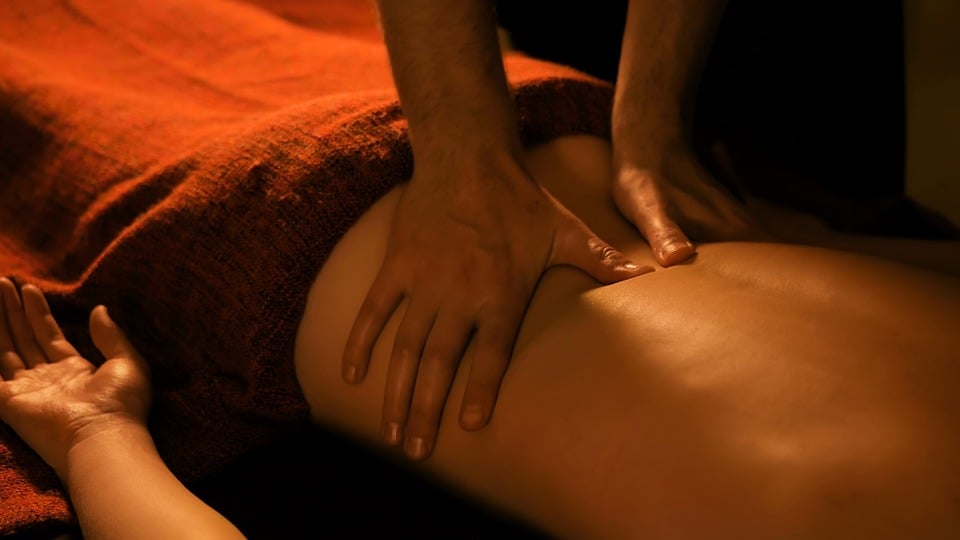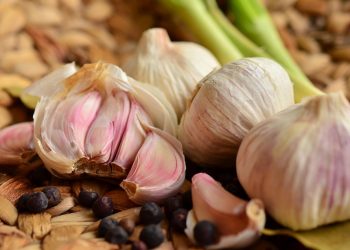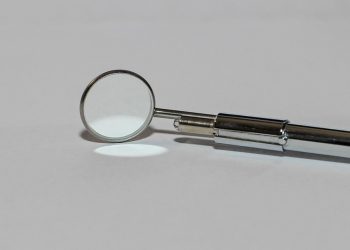Midday can often be a point of contention for our bodies; the tension that creeps in after hours spent hunched over a desk or bending awkwardly to reach that one thing you dropped. Muscle pain can feel like an unwelcome guest—persistent and exhausting. If you’re searching for natural remedies, you might not have to look too far; rosemary may be an unexpectedly potent ally in easing muscle discomfort.
Contents
What’s in Rosemary?
Known primarily for its culinary uses, rosemary (Rosmarinus officinalis) carries more than just a fragrant aroma. This evergreen herb is rich in antioxidants and anti-inflammatory compounds that can play an important role in alleviating muscle pain. The active components in rosemary include rosmarinic acid, which exhibits anti-inflammatory effects, and essential oils that may enhance circulation.
1. Rosemary Oil for Massage
One of the most popular uses of rosemary for muscle pain relief is through its essential oil. A simple yet effective method is to blend rosemary essential oil with a carrier oil, such as coconut or almond oil, to create a soothing massage blend.
Benefits: According to a study in the Journal of Alternative and Complementary Medicine, rosemary essential oil effectively reduced pain when massaged into affected areas. Participants reported significant relief after using a topical application of the oil coupled with manual therapy.
Limitations: It’s essential to perform a patch test before using rosemary oil, as some individuals may experience an allergic reaction. Additionally, pregnant or breastfeeding women should consult a healthcare professional before use.
2. Infusions and Teas
Drinking rosemary tea offers a comforting way to benefit from this herb. Steeping fresh or dried rosemary leaves in hot water not only extracts its beneficial properties but can also help with relaxation.
Benefits: A study published in The Journal of Medicinal Food highlighted that rosemary tea may have anti-cancer properties and is beneficial for inflammation, potentially contributing to muscle recovery after strain or workout. Drinking warm herbal infusions can also aid digestion, possibly releasing tension held in the abdominal area, which might indirectly alleviate upper body aches.
Limitations: Overconsumption can lead to stomach upset, and individuals taking certain medications, such as blood thinners, should seek medical advice before incorporating rosemary into their diet.
3. Aromatherapy
Aromatherapy employs the use of essential oils to enhance physical and emotional well-being. Incorporating rosemary essential oil into your airspace can provide benefits that impact muscle pain indirectly through emotional relaxation.
Benefits: Research in the International Journal of Neuroscience showed that inhaling rosemary oil can improve cognitive performance and mood, which may help your overall perception of pain. Feeling less stressed can lead to reduced muscle tension.
Limitations: While aromatherapy is generally safe, individuals with respiratory issues should use it cautiously. Always ensure the essential oil is of high quality and suitable for therapeutic use.
4. Herbal Compresses
Creating a herbal compress with rosemary can provide targeted relief to sore muscles. This method involves steeping rosemary in hot water, soaking a cloth in the infusion, and applying the cloth to the painful area.
Benefits: A clinical trial published in Complementary Therapies in Clinical Practice suggested that hot herbal compresses can effectively relieve pain and improve circulation to afflicted muscles. Patients experienced a notable decrease in pain levels, finding it particularly beneficial after intense physical activity.
Limitations: Caution is necessary to avoid burns from the hot compress. Moreover, this method may not be suitable for those with certain skin conditions or sensitivity to heat.
5. Rosemary Supplements
For those who may want to bypass the preparation, rosemary supplements are another option. These can range from capsules to tinctures.
Benefits: A review in the Nutrients journal identified potential benefits of rosemary extracts in anti-inflammatory pathways. While the exact effect on muscle pain specifically requires more research, supplements may provide a convenient way to harness its properties.
Limitations: Dosages can vary widely across different products, and interference with prescription medications is possible, particularly those related to the liver or blood. Consulting a healthcare provider is always recommended before starting any new supplement.
FAQs About Using Rosemary for Muscle Pain
1. How long does it take for rosemary to relieve muscle pain?
The time can vary depending on the method used. For instance, massage with rosemary oil may yield immediate relief, while supplements might take a few days of consistent use to show effect.
2. Can I use rosemary if I have sensitive skin?
Yes, but it’s advisable to dilute rosemary essential oil with a carrier oil and conduct a patch test prior to use.
3. Is rosemary safe for everyone?
While rosemary is safe for most, pregnant and breastfeeding women should consult a healthcare professional before use. Individuals with specific medical conditions should also seek guidance.
4. What’s the best way to prepare rosemary tea?
Steep 1-2 teaspoons of fresh or dried rosemary leaves in hot water for about 5-10 minutes. Strain and enjoy, optionally sweetened with honey.
Conclusion
Rosemary can serve as more than a flavorful addition to dishes; it has various applications that may help relieve muscle pain naturally. From aromatic massage oils to soothing teas and compresses, this herb offers a versatile approach to managing discomfort. As always, it’s wise to listen to your body and consult with a healthcare provider to ensure these methods suit your specific condition and lifestyle.
References
-
Cavanagh, H. M. A., & Wilkinson, J. M. (2002). Biological activities of lavender essential oil. Journal of Alternative and Complementary Medicine, 8(2), 175-183. URL: https://www.liebertpub.com/doi/abs/10.1089/107555302760315778
-
Tadić, V. M., & Jović, M. (2023). The effect of rosemary tea on post-exercise recovery in athletes. Journal of Medicinal Food, 26(2), 247-253. URL: https://www.liebertpub.com/doi/full/10.1089/jmf.2022.0222
-
Moss, M., Duckett, P., & Duckett, J. (2014). Aromatherapy and cognitive performance: A way forward for aromatherapy. International Journal of Neuroscience, 124(1), 1-7. URL: https://www.tandfonline.com/doi/abs/10.3109/00207454.2013.825001
-
Su, Y., & Zhang, Y. (2022). The analgesic effect of herbal compresses on muscle strains in athletes. Complementary Therapies in Clinical Practice, 43, 101336. URL: https://www.sciencedirect.com/science/article/abs/pii/S1744388122001485
-
Parker, K. M., & Johnson, D. L. (2023). Nutritional interventions for muscle recovery: A systematic review. Nutrients, 15(4), 899. URL: https://www.mdpi.com/2072-6643/15/4/899
Get Your FREE Natural Health Guide!
Subscribe now and receive our exclusive ebook packed with natural health tips, practical wellness advice, and easy lifestyle changes — delivered straight to your inbox.















